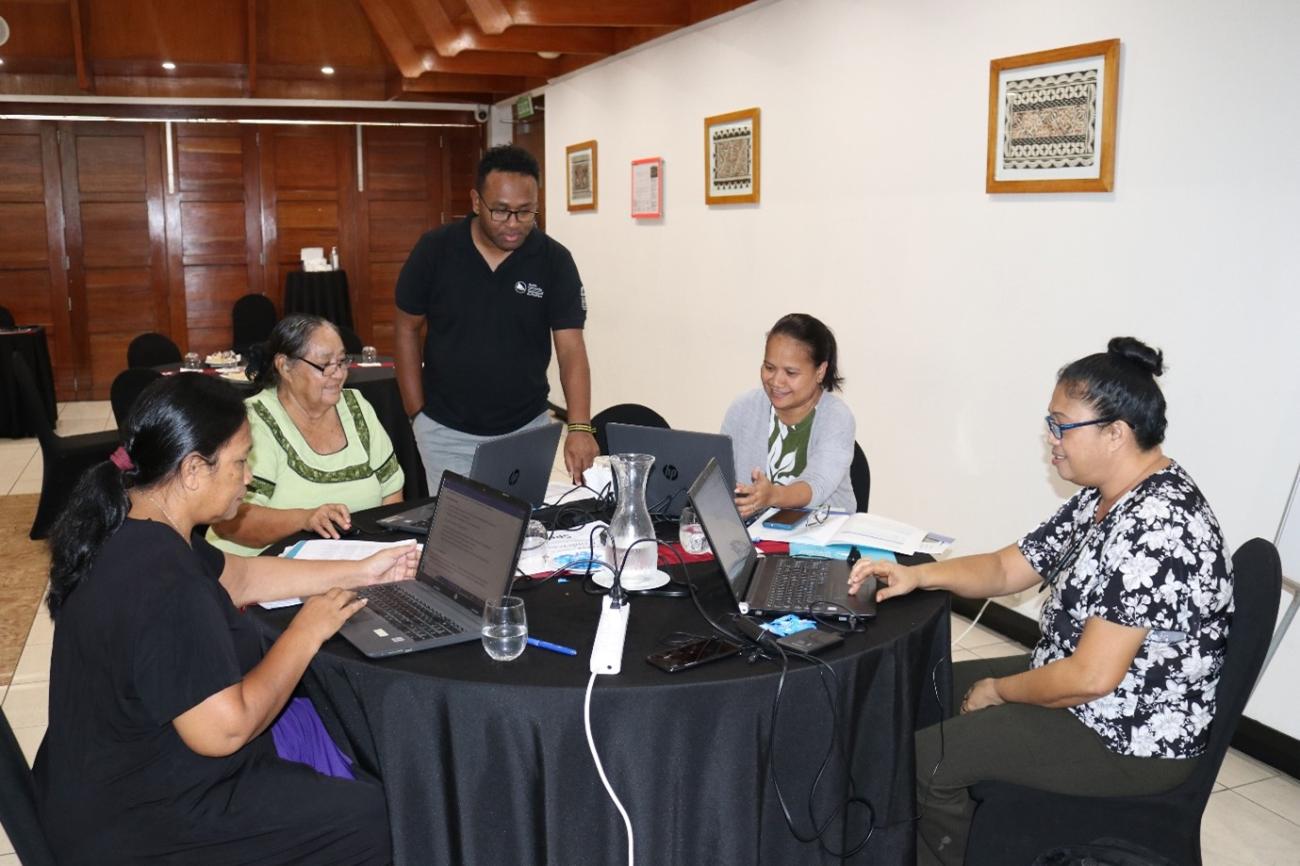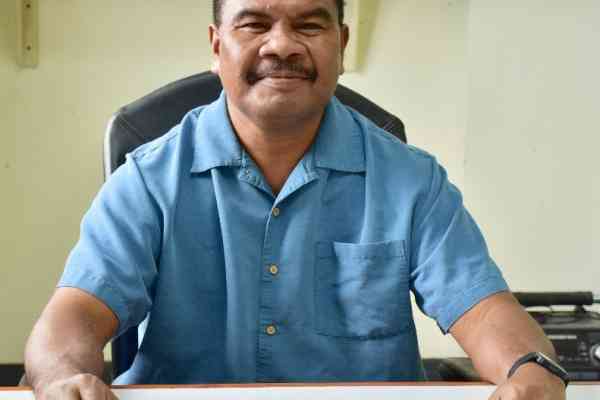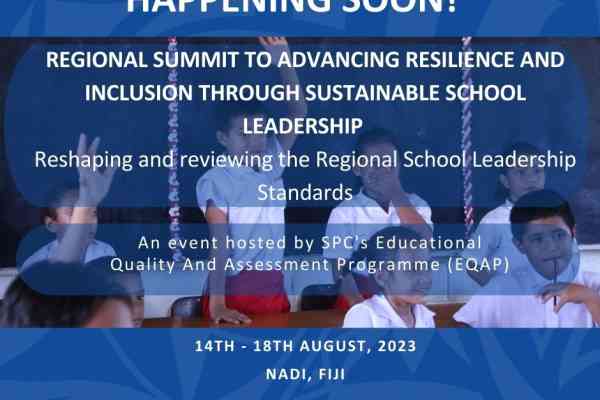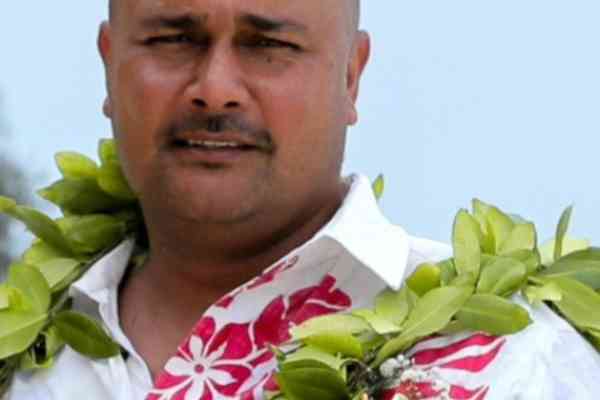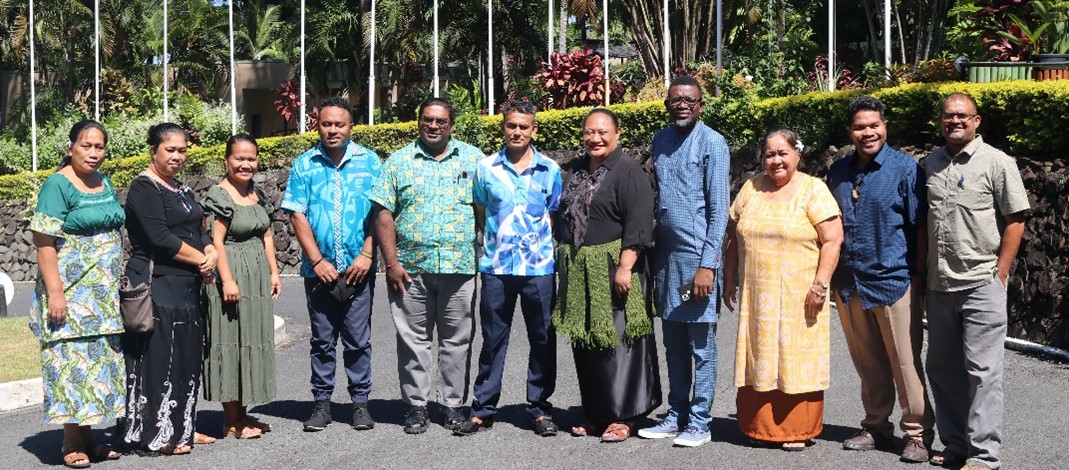
Education plays a crucial role in shaping the future of any society. The quality of education is directly linked to the competency of the teachers who deliver it. To ensure that students receive the best possible education, it is essential that teachers are equipped with the necessary knowledge and skills to effectively teach and engage with their students.
The Pacific Community (SPC) through its Educational Quality and Assessment Programme (EQAP) is continuously investing in resources to support teachers in improving their teaching skills. EQAP is currently working to provide teachers with a recognised standard of excellence that will help students receive a consistent and high-quality education across the Pacific.
In March 2023, the EQAP team convened the Pacific’s education stakeholders to focus on the development of the graduate qualification for teachers across the region. The developed qualification is aligned with the regional teacher standards and articulates the desired generic competencies of teachers, which can be used for monitoring teacher performance.
Dr Victor Alasa, Associate Dean of Learning and Teaching at the Fiji National University (FNU), stated that “these teaching standards will harmonise Qualification Standards for teachers as far as the region is concerned”.
The March workshop allowed discussion on the benefits of developing the qualification, and the challenges that may be faced during its implementation. It also provided the participants with the opportunity to explore the gaps that the new qualification will fill and strengthen the quality of education in the region, and the wider implications on education policy and practice.
Apenisa Tamani, EQAP’s Qualification Development Professional Officer, explained that “The regional qualifications will be aligned to the regional teacher standards and is being developed collectively by practitioners from both national and regional teacher training institutions and ministries of education across the Pacific”.
The March regional convening provided an opportunity for countries to bring to the table the challenges they are currently facing in developing their national teaching standards and qualifications.
“This initiative will help address a gap in the teaching profession in terms of the skillsets required and also ensure that the quality and standards of the profession are maintained,” Tamani added.
The new qualifications for teachers are aligned with the Pacific Regional Standards for Teachers that were developed to reflect the realities of teaching in the Pacific in the 21st century. The ministries of education of Pacific countries in collaboration with regional education agencies worked together to ensure that teachers will feel a sense of ownership of the information contained within the Standards.
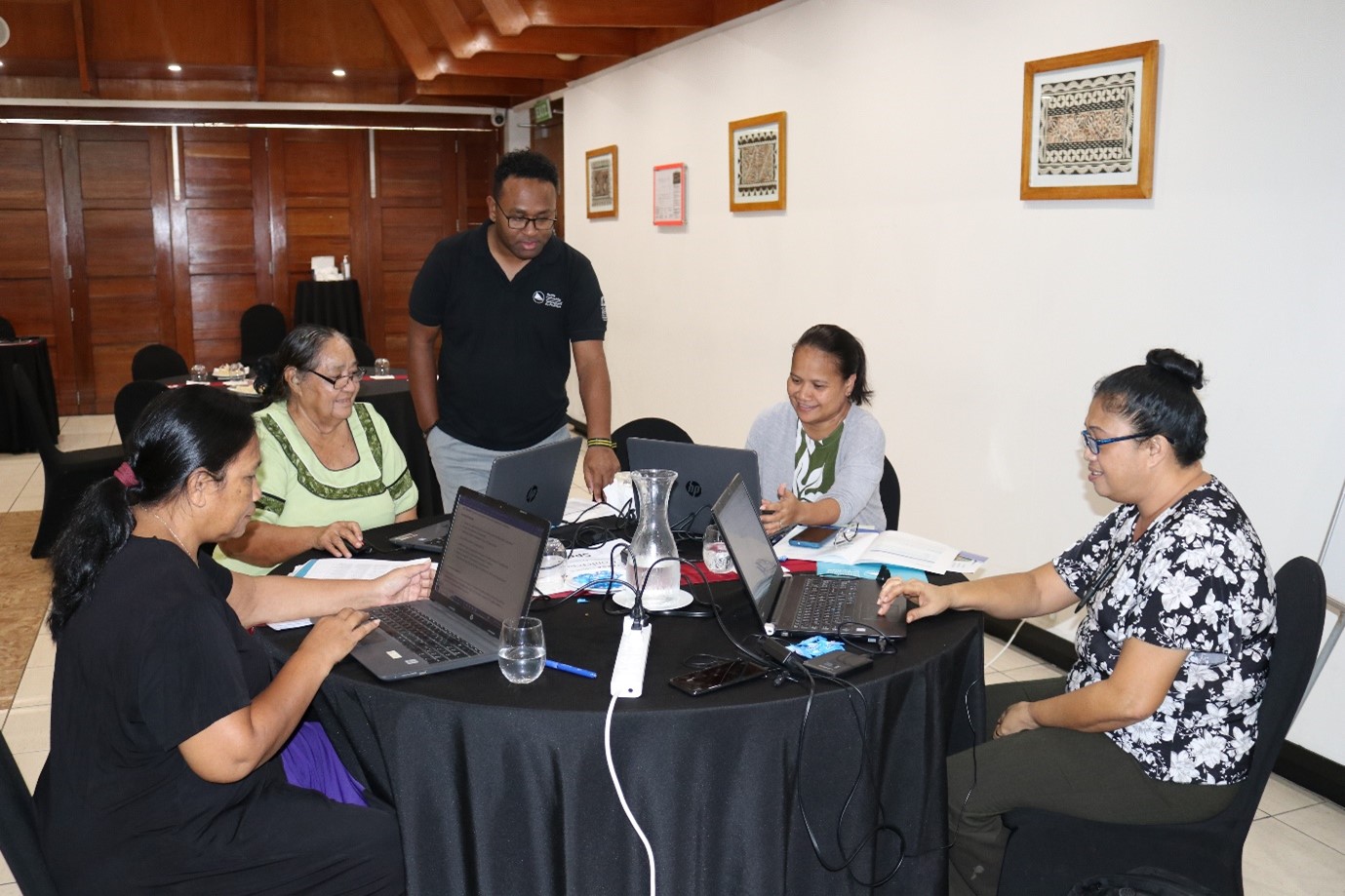
A process of inclusive and iterative development over two years (2021 and 2022) has been applied to the formulation of the standards.
The collaboration occurred throughout the two years between senior officers of Ministries of Education in fifteen Pacific Islands countries including Cook Islands, Federated States of Micronesia, Fiji, Kiribati, Nauru, Niue, Palau, Papua New Guinea, Republic of Marshall Islands, Samoa, Solomon Islands, Tokelau, Tonga, Tuvalu, and Vanuatu
Representatives from development partners and technical agencies were also involved in this period including the United Nations Educational, Scientific and Cultural Organization (UNESCO), the University of the South Pacific’s Institute of Education (USP-IOE), USP’s School of Education (USP-SOE), Fiji National University, United Nations Childrens Fund (UNICEF), Australian Council for Educational Research (ACER), and SPC-EQAP. To access the Pacific Regional Standards for Teachers, click here.
The March meeting was the first of four meetings that will be conducted throughout the year. The endorsement of the qualification is anticipated to place in the final meeting that will convene in December.
